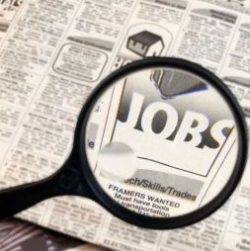November 23, 2016
Gender earnings gap in tech sector is significantly higher than national average 0
 The high tech sector may pride itself on offering some of the most attractive and modern workplace environments, but when it comes to equal parity between the sexes it seems out of date. New research from Mercer claims that at 25 percent, the gender earnings gap in the UK’s high tech sector is significantly higher than the national average (18 percent). The consultancy also found that small companies have the largest gap, with a 30 percent difference in (median) pay between all male and female employees, and a 26 percent gap when considering mean base salaries. This difference reduces as company sizes grow. Where the data allowed comparison of pay between women and men in equal job roles, the pay gap was much smaller, typically 8 percent. This is comparable to the UK norm of 9 percent for this type of analysis. The reasons for this gap is due on further analysis to a multitude of factors including the reluctance of many women to enter the tech field, not enough effort being put into promoting women and a lack of will in promoting flexible working patterns.
The high tech sector may pride itself on offering some of the most attractive and modern workplace environments, but when it comes to equal parity between the sexes it seems out of date. New research from Mercer claims that at 25 percent, the gender earnings gap in the UK’s high tech sector is significantly higher than the national average (18 percent). The consultancy also found that small companies have the largest gap, with a 30 percent difference in (median) pay between all male and female employees, and a 26 percent gap when considering mean base salaries. This difference reduces as company sizes grow. Where the data allowed comparison of pay between women and men in equal job roles, the pay gap was much smaller, typically 8 percent. This is comparable to the UK norm of 9 percent for this type of analysis. The reasons for this gap is due on further analysis to a multitude of factors including the reluctance of many women to enter the tech field, not enough effort being put into promoting women and a lack of will in promoting flexible working patterns.





































October 24, 2016
How and why employee fitness became part of the corporate agenda 0
by Michael Page • Comment, Wellbeing, Workplace design
More →